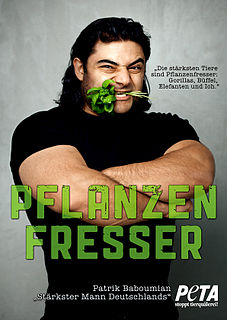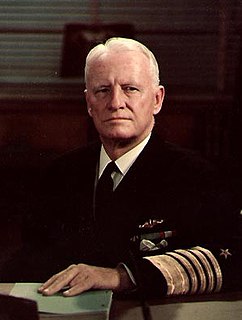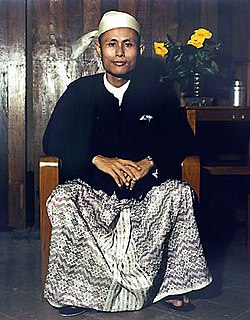A Quote by Henri Nouwen
When we have nothing to cling to as our own and cease thinking of ourselves as people who must defend privileges, we can open ourselves freely to others with the faithful expectation that our strength will manifest itself in our shared weakness.
Related Quotes
Strength must build up, not destroy. It should outdo itself, not others who are weaker. Used without responsibility, it causes nothing but harm and death. I can lift the heaviest weights, but I can not take the responsibility off my shoulders. Because the way we use our strength defines our fate. What traces will I leave on my path into the future? Do we really have to kill in order to live? My true strength lies in not seeing weakness as weakness. My strength needs no victims. My strength is my compassion.
We would willingly have others perfect, and yet we amend not our own faults. We would have others severely corrected and will not be corrected ourselves. The large liberty of others displeases us, and yet we will not have our own desires denied us. We will have others kept under by strict laws, but in no sort will ourselves be restrained. And thus it appears how seldom we weigh our neighbor in the same balance with ourselves.
The emotional wisdom of the heart is simple. When we accept our human feelings, a remarkable transformation occurs. Tenderness and wisdom arise naturally and spontaneously. Where we once sought strength over others, now our strength becomes our own; where we once sought to defend ourselves, we laugh.
We can not communicate with the Lord if we do not communicate with each other. If we want to present ourselves to him, we must take a step towards meeting one another. To do this we must learn the great lesson of forgiveness: we must not let the gnawings of resentment work in our soul but must open our hearts to the magnanimity of listening to others, open our hearts to understanding them, eventually to accepting their apologies, to generously offering our own.
As the strongest faith may be shaken, so the weakest, where truth is, is so far rooted that it will prevail. Weakness with watchfulness will stand, when strength with too much confidence fails. Weakness, with acknowledgement of it, is the fittest seat and subject for God to perfect His strength in; for consciousness of our infirmities drives us out of ourselves to Him in whom our strength lies.
In order to find God in ourselves, we must stop looking at ourselves, stop checking and verifying ourselves in the mirror of our own futility, and be content to be in Him and to do whatever He wills, according to our limitations, judging our acts not in the light of our own illusions, but in the light of His reality which is all around us in the things and people we live with.
In wishing to know ourselves fully, we must forget our quest for gain and seek only completion. At a certain point in our development, we no longer even seek to become Mystic, Magister, Sorcerer, or Witch: we seek only our own perfection in the wholeness of our Will, in the joining of light with dark and strength with love. We are varied and gorgeous yet pure of heart. Our aim is this: to know ourselves and to know the world.
What we see in the outer is but a reflection of the inner, because we surround ourselves with a picture of our own beliefs. In other words, we manifest in general what we seriously think and believe. So if we want to find out what our habitual thinking is like, we have but to look around us and ask ourselves what we really see.
Prayer requires that we stand in God's presence with open hands, naked and vulnerable, proclaiming to ourselves and to others that without God we can do nothing. As disciples, we find not some but all of our strength, hope, courage, and confidence in God. Therefore, prayer must be our first concern.



































